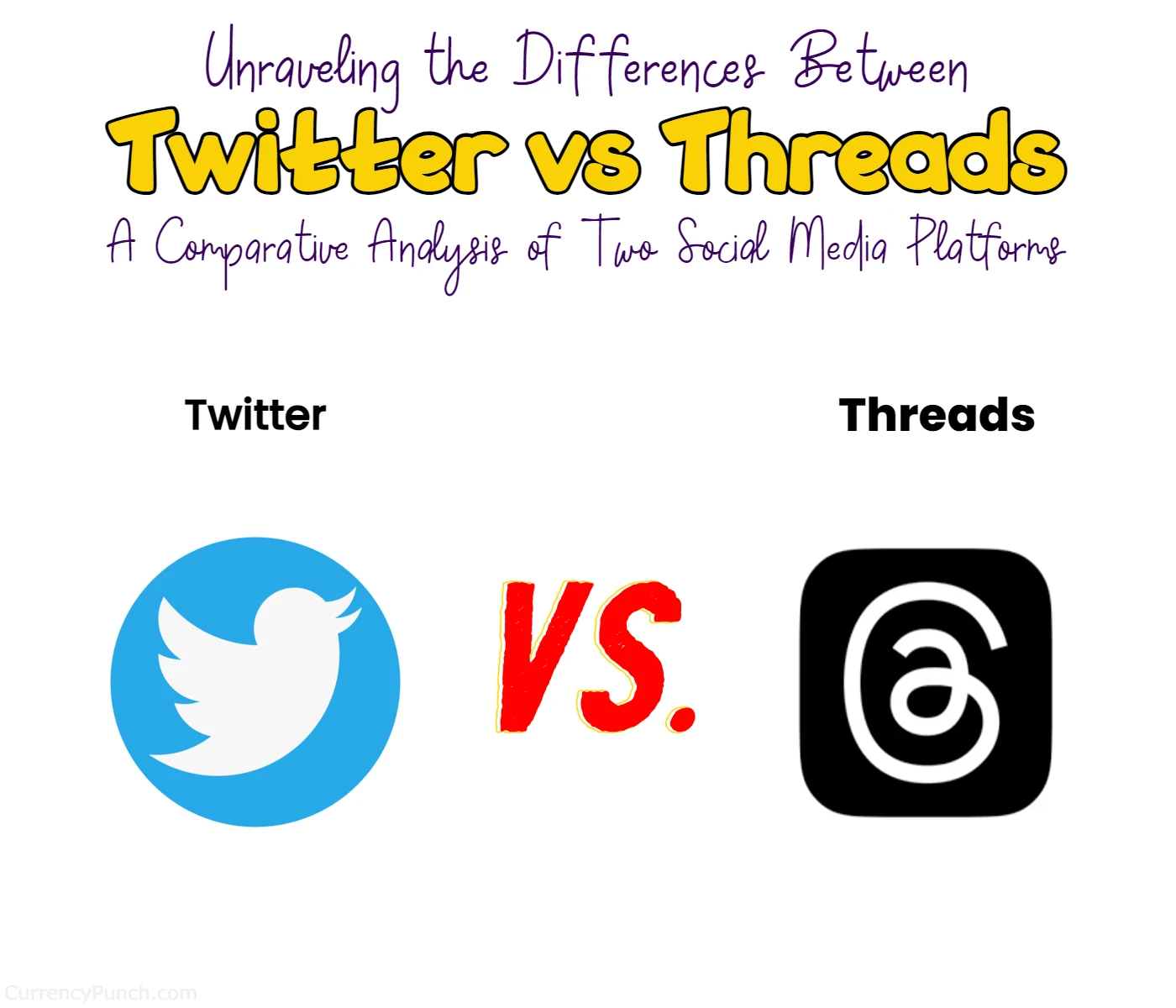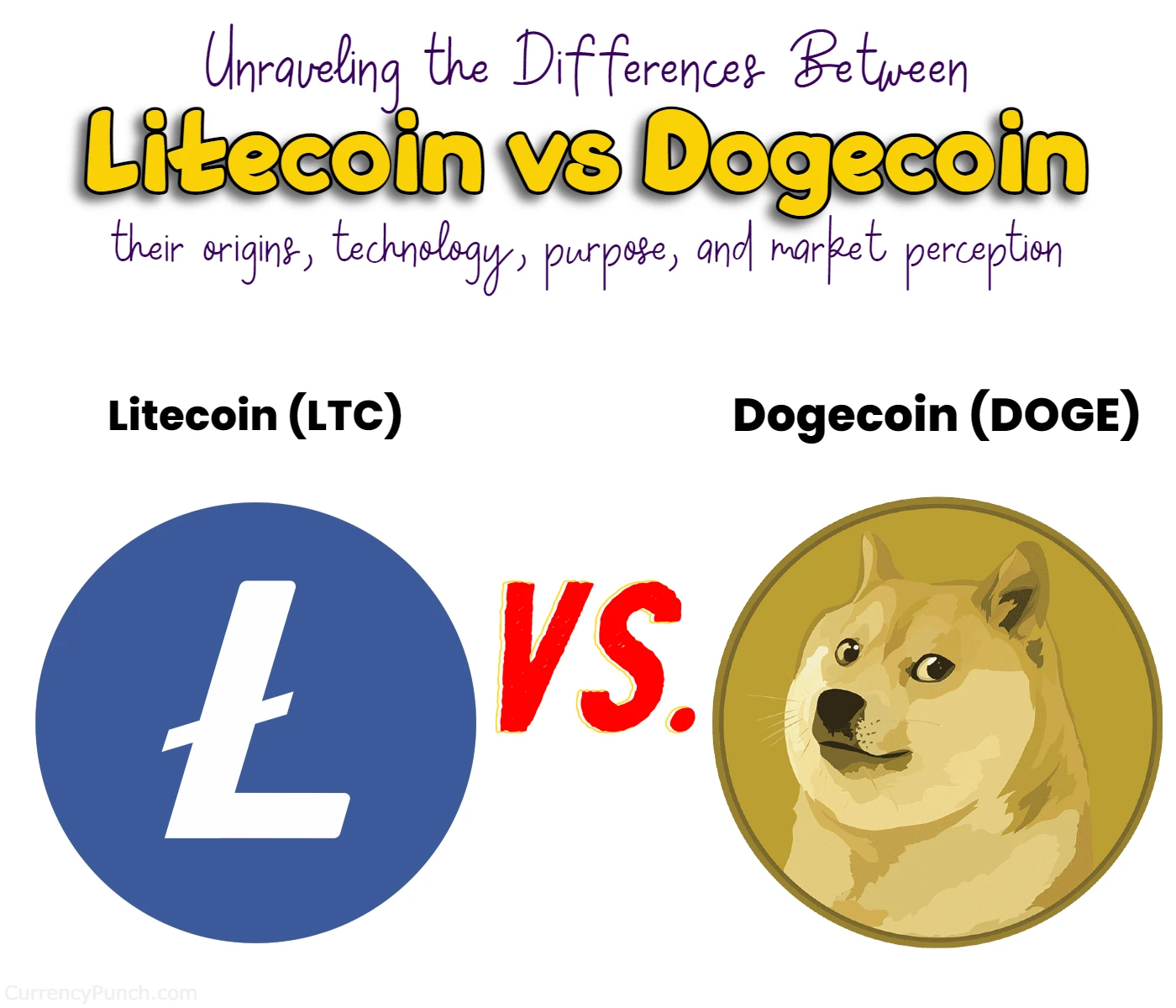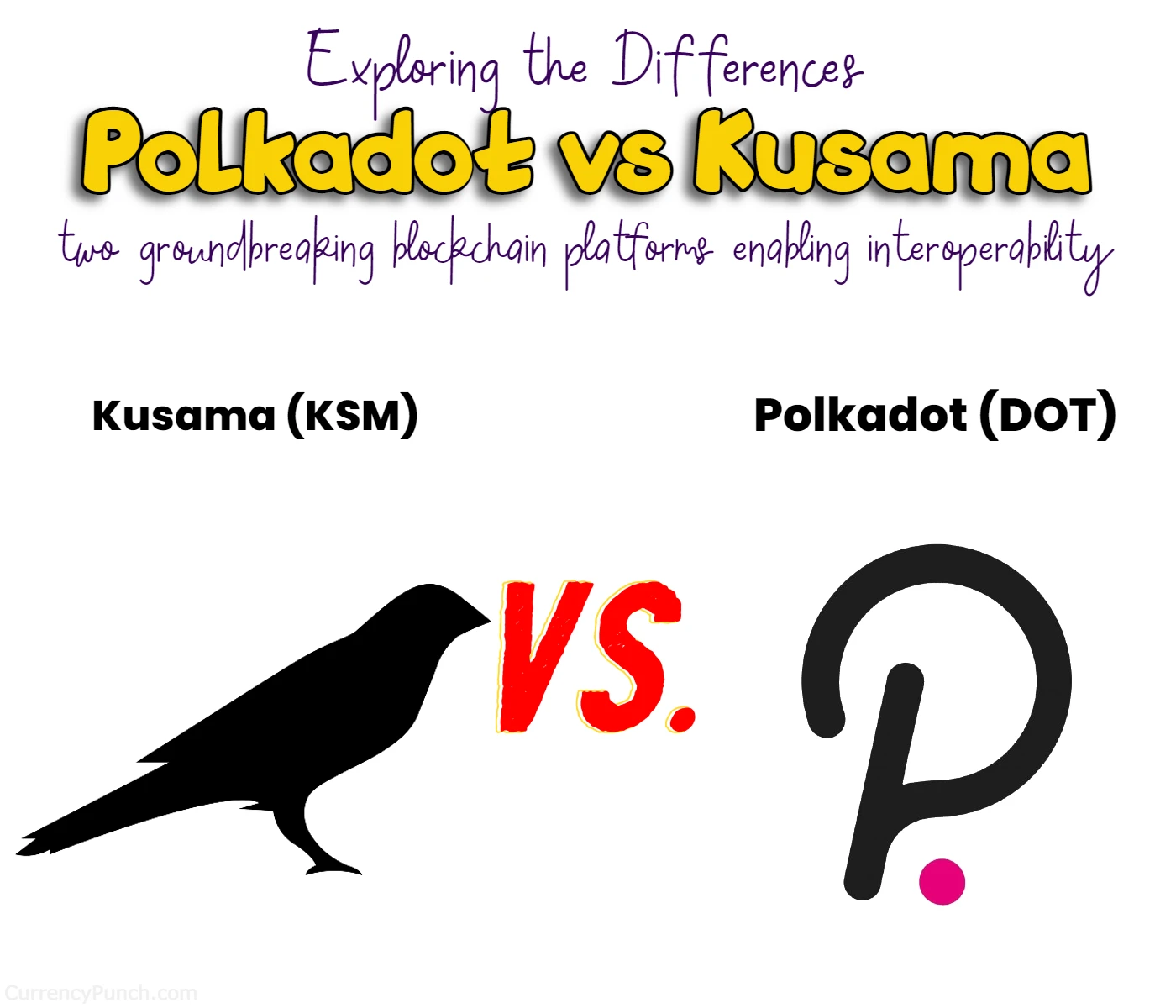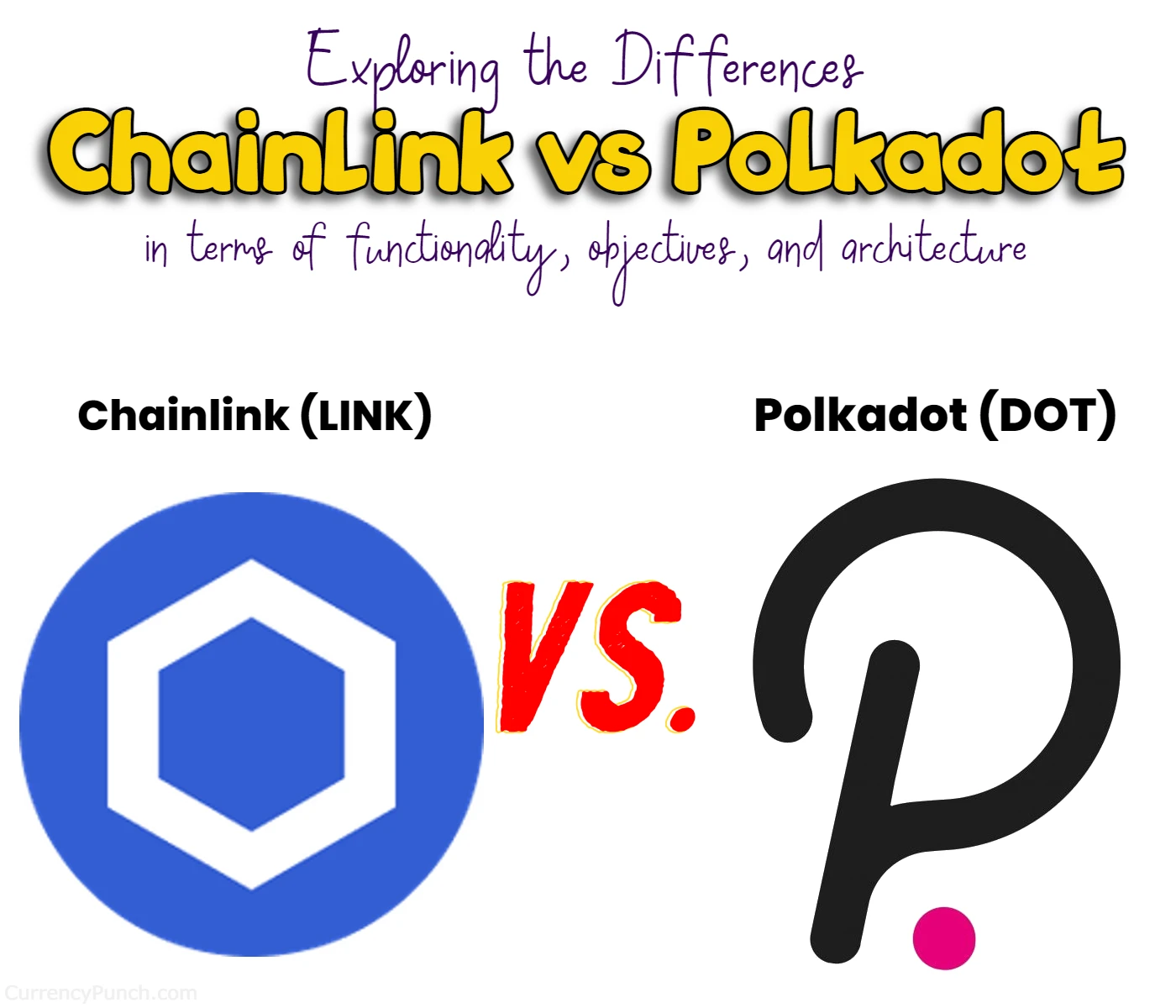Litecoin vs Bitcoin Cash
What is the difference between Bitcoin Cash (BCH) and Litecoin (LTC)?

Are you curious to learn about the differences between Bitcoin Cash (BCH) and Litecoin (LTC)? If so, you’ve come to the right place! In the ever-expanding world of cryptocurrencies, Bitcoin Cash and Litecoin have emerged as popular alternatives to Bitcoin, each with its own unique characteristics and value propositions. Understanding these differences can help you navigate the crypto landscape and make informed decisions. So, let’s dive in and explore the contrasts between Bitcoin Cash and Litecoin!
Bitcoin Cash (BCH) and Litecoin (LTC) both originated as alternatives to Bitcoin, aiming to address some of its limitations. Bitcoin Cash was created through a hard fork from Bitcoin, driven by a desire to increase its block size and improve scalability. On the other hand, Litecoin was introduced as a lighter and faster alternative to Bitcoin, utilizing the Scrypt algorithm for mining. These distinct origins set the stage for the divergent paths that Bitcoin Cash and Litecoin have taken.
When it comes to technology, Bitcoin Cash implemented SegWit, a protocol upgrade that enhances transaction efficiency and block space utilization. Litecoin, on the other hand, embraced the Scrypt algorithm, making it more resistant to specialized mining hardware. Additionally, Litecoin adopted SegWit before Bitcoin did, demonstrating its commitment to scalability. These technological variances contribute to the unique strengths and use cases of Bitcoin Cash and Litecoin.
Here’s a quick chart outlining the main differences between Bitcoin Cash (BCH) and Litecoin (LTC):
| Categories | Bitcoin Cash (BCH) | Litecoin (LTC) |
|---|---|---|
| Origin | Hard fork from Bitcoin | Introduced as a Bitcoin alternative |
| Technology | Implements SegWit | Uses Scrypt algorithm for mining |
| Block Size | 8MB | 1MB |
| Transaction Speed | Slower than Litecoin | Faster than Bitcoin |
| Scalability | Aims for higher transaction capacity | Aims for quicker transactions and lower fees |
| Mining Algorithm | SHA-256 | Scrypt |
| ASIC Resistance | Less resistant to ASIC mining | More resistant to ASIC mining |
| Adoption and Community Support | Some adoption and support, but still trails Bitcoin | Significant adoption and community support |
| Market Position | Aims to be peer-to-peer electronic cash | Aims to complement Bitcoin, facilitate fast transactions |
| Community and Development | Active community and ongoing development | Dedicated community and regular updates |
Difference between Litecoin and Bitcoin Cash
Origins: Bitcoin Cash and Litecoin
Bitcoin Cash (BCH)
Bitcoin Cash came into existence on August 1, 2017, as a result of a hard fork from Bitcoin. A group of Bitcoin developers and miners believed that Bitcoin’s block size limit of 1MB was restricting its scalability and transaction speed. To address these concerns, they decided to increase the block size to 8MB, which led to the creation of Bitcoin Cash.
Litecoin (LTC)
Litecoin, often referred to as “the silver to Bitcoin’s gold,” was introduced on October 7, 2011, by Charlie Lee, a former Google engineer. Inspired by Bitcoin’s technology, Lee aimed to create a more lightweight and faster alternative to Bitcoin. Litecoin became one of the first cryptocurrencies to adopt the Scrypt hashing algorithm, differentiating it from Bitcoin’s SHA-256 algorithm.
Technology: SegWit and Script
Bitcoin Cash (BCH)
Bitcoin Cash’s technology is built upon the foundations of Bitcoin. However, there are a few key differences. Bitcoin Cash implemented a protocol upgrade known as Segregated Witness (SegWit), which separates the transaction signature data from the transaction itself. This upgrade allows for more efficient use of block space, enabling a greater number of transactions to be included in each block.
Litecoin (LTC)
Litecoin, on the other hand, introduced the Scrypt algorithm, which is considered to be more memory-intensive than Bitcoin’s SHA-256 algorithm. This choice made Litecoin more resistant to specialized hardware mining (ASICs) and promoted a more decentralized mining ecosystem. Additionally, Litecoin implemented SegWit before Bitcoin did, which was followed by the activation of the Lightning Network on the Litecoin blockchain, further enhancing its scalability and transaction speed.
Transaction Speed and Scalability
Bitcoin Cash (BCH)
Bitcoin Cash’s larger block size of 8MB allows for more transactions to be processed in each block compared to Bitcoin’s 1MB limit. This capacity increase theoretically enables Bitcoin Cash to handle a higher volume of transactions per second (TPS). However, it’s worth noting that Bitcoin Cash’s TPS is still significantly lower than traditional payment processors like Visa or Mastercard.
Litecoin (LTC)
Litecoin, with its 2.5-minute block time, offers faster transaction confirmations compared to Bitcoin’s 10-minute block time. This shorter block time contributes to Litecoin’s ability to handle a higher TPS. However, like Bitcoin Cash, Litecoin’s TPS is still limited when compared to traditional payment systems.
Mining Algorithm: SHA-256 vs Scrypt
Bitcoin Cash (BCH)
Bitcoin Cash continues to use Bitcoin’s SHA-256 mining algorithm. As a result, Bitcoin Cash mining is predominantly carried out using specialized ASIC hardware, which is specifically designed for SHA-256 calculations. This specialization has made mining Bitcoin Cash more centralized, with large mining farms holding significant control over the network.
Litecoin (LTC)
Litecoin’s Scrypt algorithm was specifically designed to be memory-intensive, making it more resistant to ASIC mining. In the early days of Litecoin, this allowed a broader range of individuals to participate in mining using consumer-grade hardware. However, as time passed and the popularity of Litecoin grew, ASIC manufacturers eventually developed Scrypt ASIC miners, making it less accessible for regular users to mine Litecoin efficiently. Despite this, Litecoin’s mining ecosystem remains relatively more decentralized compared to Bitcoin Cash, as ASICs for Scrypt mining are not as widespread as those for SHA-256.
Adoption and Community Support
Bitcoin Cash (BCH)
Bitcoin Cash garnered support from a segment of the Bitcoin community that believed in increasing the block size to enhance scalability. Over time, some merchants and service providers began accepting Bitcoin Cash as a form of payment, contributing to its adoption. However, it’s important to note that Bitcoin Cash has faced challenges in achieving widespread acceptance, as many businesses and platforms still primarily focus on Bitcoin (BTC).
Litecoin (LTC)
Litecoin has gained notable adoption and support in the cryptocurrency community. Numerous merchants and businesses accept Litecoin as a payment method, and it is often listed on major cryptocurrency exchanges. Additionally, Litecoin has established partnerships and collaborations with various companies, further strengthening its position as a viable cryptocurrency.
Market Position and Value Proposition
Bitcoin Cash (BCH)
Bitcoin Cash, with its larger block size and aim to offer faster and cheaper transactions than Bitcoin, positions itself as a medium of exchange for everyday transactions. It aims to provide a peer-to-peer electronic cash system that can handle a significant volume of transactions with low fees. However, Bitcoin Cash has faced criticism and challenges in achieving widespread adoption and realizing its full potential.
Litecoin (LTC)
Litecoin, while also positioning itself as a medium of exchange, focuses on complementing Bitcoin rather than competing directly with it. With its faster block time and lower transaction fees, Litecoin aims to facilitate quicker and cheaper transactions for everyday use. Additionally, Litecoin has been considered a testbed for implementing and experimenting with technologies like SegWit and the Lightning Network before their adoption on the Bitcoin network.
Community and Development
Bitcoin Cash (BCH)
The Bitcoin Cash community consists of developers, miners, and enthusiasts who believe in the vision of Bitcoin as a peer-to-peer electronic cash system. The community actively contributes to the development and improvement of Bitcoin Cash, proposing and implementing upgrades to enhance its scalability, security, and usability.
Litecoin (LTC)
Litecoin has a dedicated and passionate community that supports its development and adoption. Charlie Lee, the creator of Litecoin, maintains an active role within the community and frequently shares updates and insights. The Litecoin Foundation, a non-profit organization, also plays a crucial role in promoting Litecoin and supporting its development initiatives.
Summary: Bitcoin Cash vs Litecoin
In summary, Bitcoin Cash (BCH) and Litecoin (LTC) are both cryptocurrencies that aim to improve upon the limitations of the original Bitcoin. Bitcoin Cash emphasizes larger block sizes to enhance scalability, while Litecoin focuses on faster block times and lower fees. Bitcoin Cash continues to use Bitcoin’s SHA-256 mining algorithm, while Litecoin uses Scrypt, which is more resistant to ASIC mining.
While Bitcoin Cash and Litecoin have their unique features and value propositions, it’s essential to note that Bitcoin (BTC) still dominates the cryptocurrency market in terms of adoption, liquidity, and overall recognition. Both Bitcoin Cash and Litecoin face the challenge of achieving widespread acceptance and overcoming the network effects of Bitcoin. Ultimately, the choice between Bitcoin Cash and Litecoin depends on individual preferences, use cases, and the specific goals one aims to achieve within the cryptocurrency ecosystem.
FAQs
The main difference lies in their origins, technologies, transaction speeds, and mining algorithms. Bitcoin Cash (BCH) emerged as a result of a hard fork from Bitcoin, with a focus on larger block sizes and improved scalability. Litecoin (LTC), on the other hand, was introduced as a faster and lighter alternative to Bitcoin, utilizing the Scrypt algorithm for mining.
Bitcoin Cash has a larger block size of 8MB, which allows for a potentially higher volume of transactions per second (TPS) compared to Bitcoin. However, both Bitcoin Cash and Litecoin have limited TPS when compared to traditional payment processors. Litecoin stands out with its shorter block time of 2.5 minutes, leading to faster transaction confirmations compared to Bitcoin and Bitcoin Cash.
Bitcoin Cash continues to use Bitcoin’s SHA-256 mining algorithm, making it predominantly mined using specialized ASIC hardware. Litecoin, on the other hand, uses the Scrypt algorithm, which is more resistant to ASIC mining. While ASICs have been developed for Scrypt mining as well, Litecoin’s mining ecosystem remains relatively more decentralized compared to Bitcoin Cash.
Bitcoin Cash gained support from a segment of the Bitcoin community that believed in increasing the block size for better scalability. However, widespread adoption and community support for Bitcoin Cash still lag behind Bitcoin. Litecoin, on the other hand, has gained notable adoption and has a dedicated community. It is often listed on major exchanges, accepted by various merchants, and has its own non-profit organization, the Litecoin Foundation, supporting its development and initiatives.
Bitcoin Cash positions itself as a medium of exchange for everyday transactions, aiming to offer faster and cheaper transactions than Bitcoin. Litecoin also emphasizes its use as a medium of exchange, focusing on faster block times and lower fees. However, Bitcoin (BTC) still dominates the cryptocurrency market in terms of adoption, liquidity, and recognition.
The choice between Bitcoin Cash and Litecoin depends on your specific needs, preferences, and goals within the cryptocurrency ecosystem. Consider factors such as transaction speed, scalability, adoption, community support, and the unique features each cryptocurrency offers. It’s essential to conduct thorough research and consider professional advice before making any investment or usage decisions.
Read More:
Page Contents
- Difference between Litecoin and Bitcoin Cash
- Summary: Bitcoin Cash vs Litecoin
- FAQs



